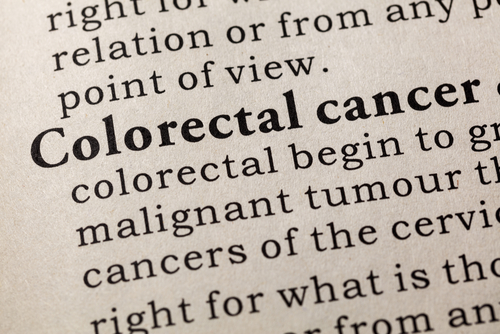
Surgical delays due to SARS-CoV-2 (COVID-19) are linked with shorter survival times in colorectal cancer, according to a new study published in the Journal of Gastrointestinal Surgery.
The COVID-19 pandemic caused mass cancellations of “non-emergency” operations to free up hospital beds and preserve personal protective equipment (PPE) for front-line healthcare workers. However, for many cancer patients, timely surgery is critical for survival. To evaluate the impact of delaying surgery for individuals with gastrointestinal cancers, researchers assessed the results of how surgical delays affect patients with colorectal, gastric or pancreatic cancer. They identified 43 relevant studies pertaining to colorectal cancer.
“When we started this research, little knowledge existed about how long we could safely delay surgery for these cancers or how to prioritize which operations should occur first,” said first author Scott C. Fligor, MD, a General Surgery resident at BIDMC in a press release about the study. “In the context of the coronavirus pandemic, we were concerned that both surgeons and patients were forced to make decisions without a clear understanding of the risks of surgical delay.”
Following analysis, the results showed that a surgical delay of 30 to 40 days was correlated with shorter survival times in patients with colon cancer, as was a delay of seven to eight weeks after chemotherapy and/or radiation therapy in patients with rectal cancer. For pancreatic cancer, the investigators identified nine studies, and observed in two studies that cancer progression increased in patients who experienced surgical delays over 30 days. Moreover, six studies were included for gastric cancer, and none of the studies found worse patient survival outcomes with surgery delays.
https://twitter.com/thedextazlab/status/1280517528545001472
“Surgical delay is associated with increased risk in some gastrointestinal malignancies,” said Dr. Fligor. “While every effort should be made to avoid surgical delay, the COVID-19 pandemic may make such delays unavoidable.”
Dr. Fligor added that: “Providers should consider whether alternative therapies can help to minimize the risk of delay, such as extending a course of chemotherapy before surgery or initiating chemotherapy when surgery would normally occur first,” he said. “It is critical for patients to work with their health care team to create a safe plan for treatment during the pandemic. The right decision for each patient depends on several factors, including the type of cancer, treatments available, and the local burden of COVID-19.”
News: Study: Surgical delay associated with increased risk in some gastrointestinal malignancies – https://t.co/7Du4PV1RdF
— 7thSpace Interactive (@7thSpaceCom) July 7, 2020







 © 2025 Mashup Media, LLC, a Formedics Property. All Rights Reserved.
© 2025 Mashup Media, LLC, a Formedics Property. All Rights Reserved.